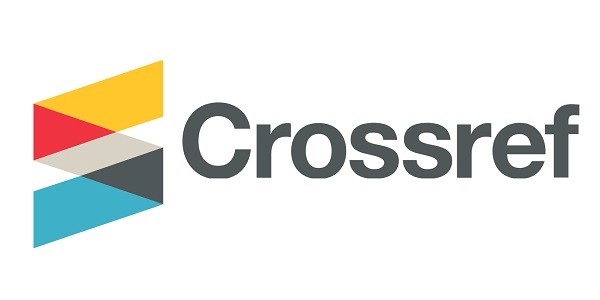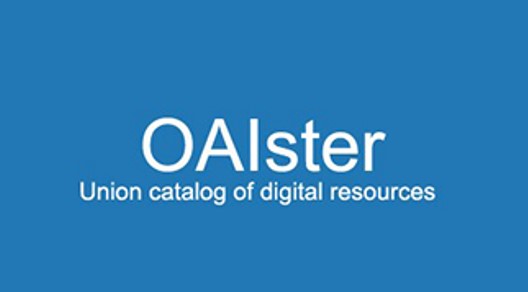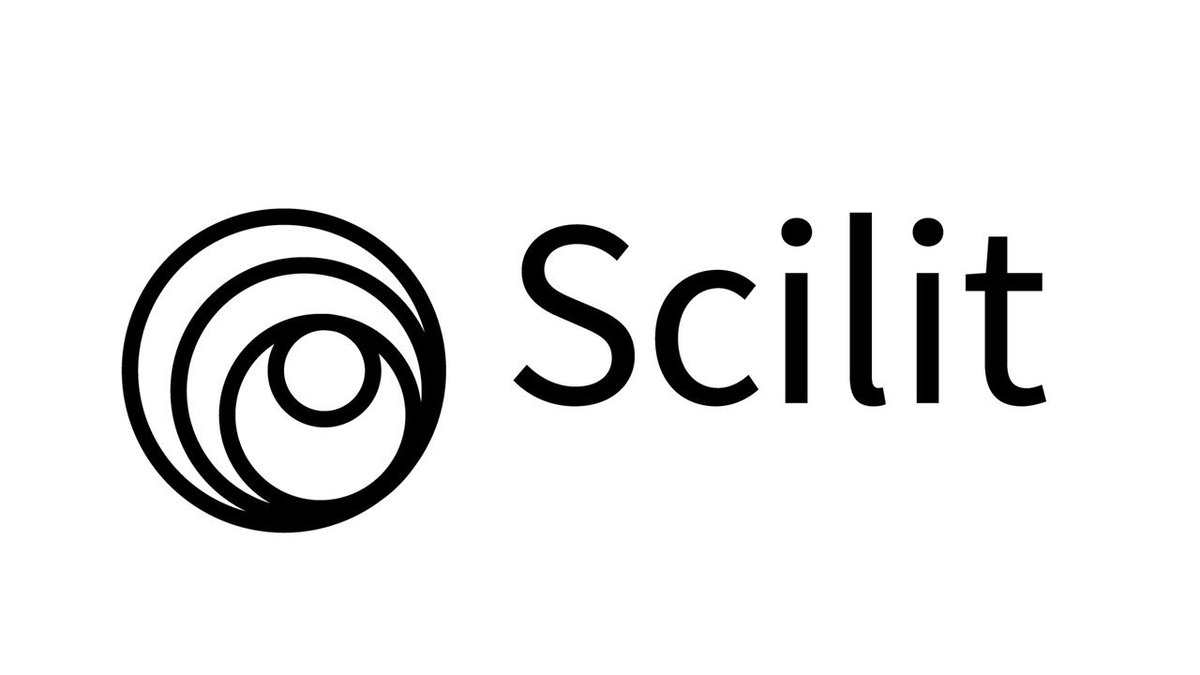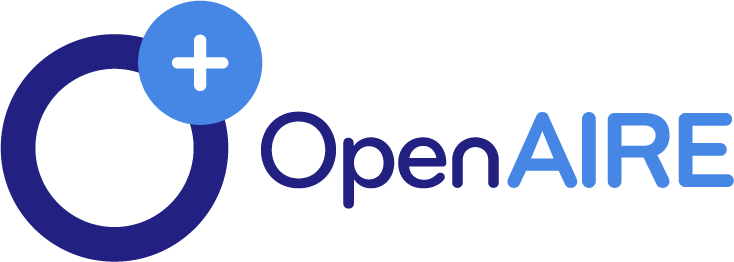Navigating the Digital Economy: Balancing Inclusion and Sustainability in a Connected World
DOI:
https://doi.org/10.5281/zenodo.13884878Keywords:
digital economy, social inclusion, e-waste, digital inclusion.Abstract
This research aims to explore the intersection between the digital economy and sustainability through a qualitative study that highlights the opportunities and challenges inherent in this convergence. The central issue of this study is to understand how the integration of digital technologies can be optimized to maximize social inclusion benefits while minimizing negative externalities, such as the production of e-waste.
Through semi-structured interviews with key players in the digital sector, non-profit organizations, and social enterprises engaged in digital inclusion and e-waste management, this research seeks to identify innovative practices, challenges encountered and potential solutions to strengthen a sustainable digital economy. The sample is made up of six participants selected by method of convenience, reflecting various profiles involved in the digital economy and sustainability. The expected results aim to provide theoretical and practical recommendations for the development of policies and practices that support a transition towards a more inclusive and environmentally-friendly digital economy. This study contributes to the understanding of the complex interactions between the digital economy, social inclusion and environmental challenges, and proposes avenues for a more sustainable management of digital resources.
Downloads
Published
How to Cite
Issue
Section
License

This work is licensed under a Creative Commons Attribution-NonCommercial-NoDerivatives 4.0 International License.





























